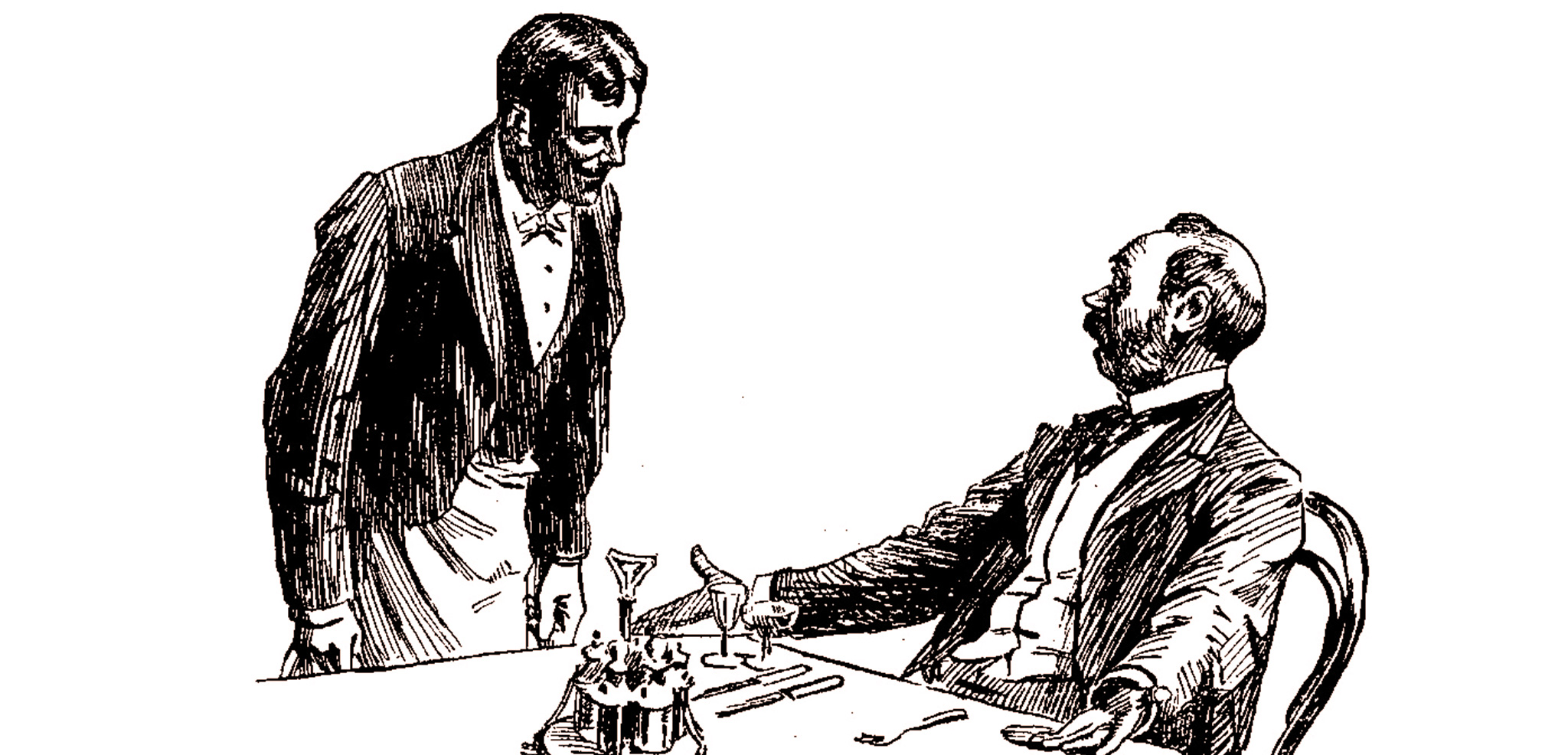
I just facilitated a short communication strategies course for working professionals for a business training firm.
The second day was a dream with real discovery of attendees’ communicative bottlenecks, uncovering of Johari ‘blind spots’, and some real and actually quite thrilling transformation.
The first day was blighted by an attendee who, well … , we all breathed a sigh of relief the next day when the attendee didn’t show up. I have seldom seen such an extreme example of the Johari ‘turtle type’ (totally no interest in listening or sharing thereby being insulated from self-reflection and change).
This turtle type also helped to bring back to me a core realization in dealing with difficult people, be they customers, clients, students or anyone in a difficult communication context and this clarity became a central feature of input on the second day. It was particularly relevant to the customer-care angle, but true really of any situation. Primarily this concerns how poorly resolved confrontation can be reflected upon, learned from, and how it can form the basis for positive change.
Simply put, this is the goal of a harmonious solution as opposed to the merely victorious. In any situation that involves confrontational communication, should we not seek the best solution for the other, not one’s self? It sounds obvious, but resisting at some level the urge to fight back or score points is a true art. This may mean giving in to the others demand, or it may mean compromise, it may mean agreeing to disagree, or it may mean showing the other that they are mistaken without achieving this with the glee of cruelty or condescension.
The key here is how to reflect on confrontation that has been unsatisfactorily resolved. How to learn from this and not merely brood. The tendency is to blame the other (which may or may not be justified), and to think about how we could have been the victor, or at least how we could have scored that brilliant parting shot. This creates a vicious circle of resentment and further negativity.
What if we channel that energy into considering how we could have changed our behaviour to make the other party happier with the outcome (compromising without undermining our basic values or ‘mission’ of course). This helps us to ‘see’ ourselves, and is not just a matter of what we may have said differently, but how we could have smiled, stood, sat, intoned.
This reflection pulls the carpet from under our anger and resentment, allows us to consider that there may indeed be ‘their view, my view and the right view’, focusses our imagination away from reframing one inharmonious solution into another, and instead provides learning opportunity, chance for incremental change and a more useful frame to access next time around.
I am sure this is all NLP 101, but only became clear to me, and my workshop attendees, yesterday. And by the way, what should I have changed in my behaviour with our ‘turtle’? I honestly have no idea with this one. I don’t think I could. However, I’m still pondering how… rather than wasting my energies searching for that dazzling but futile ‘what-if’ parting shot.